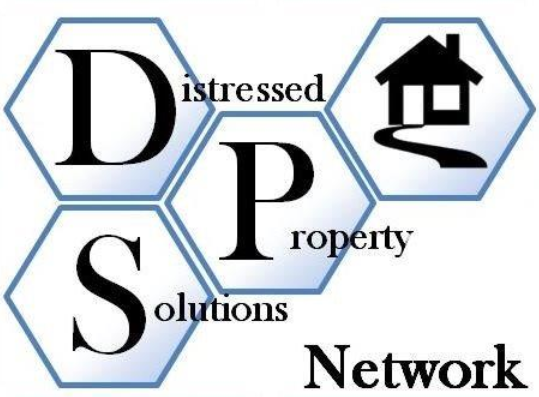Be Prepared to Do Lots of Research
Ultimately, if you decide to proceed on your own in court, prepare to devote a significant amount of time to the case since you’ll have to do quite a bit of research in order to have any chance of success.
.jpg)
The rules and procedures that you must follow vary in each state and sometimes in each court. Your research must cover not only foreclosure statutes and relevant court decisions, but also rules of civil procedure (the detailed rules on what should be in your complaint, how to file it, when and how to file motions), rules of evidence, and more.
State and court rules also set forth deadlines that you must meet, which means you may have to complete your research (on possible defenses, for example) and learn how to properly lay them out in your answer or other court documents in a fairly short period of time.
Short Sale or Loan Modification
These are unprecedented times in our country’s economic history. Unfortunately, foreclosure and financial distress is reaching into the lives of millions of American homeowners. If you or anyone you know is experiencing hardship we want to let you know we are here to help, and are happy to assist you in discussing your options and determining which solution is best for you. All consultations are at NO cost and completely confidential.
.jpg)
If you’re having trouble deciding whether your property qualifies for a short sale or you want to stay in your home and request a mortgage modification, give us a call.
What Are the Benefits of a Loan Modification?
Loan modification can change one or more of the terms of your loan to provide relief if you are financially stressed by the coronavirus pandemic or otherwise. Modifications can include:
Reducing your interest rate
Changing a variable interest rate to a fixed one
Extending the term length
The extended loan term compensates the lender for the reduced interest rate or payment. So your 30-year mortgage might become a 40-year one, Broeker says.
But in exchange you'll get:
A reduced payment. If you can reduce your monthly payment, it could be just the relief you need to pull through tough times.
A chance to keep your home. Banks prefer to avoid foreclosure because it's an expensive process. The best outcome for the homeowner and the bank is a loan modification to make continued payments possible.



